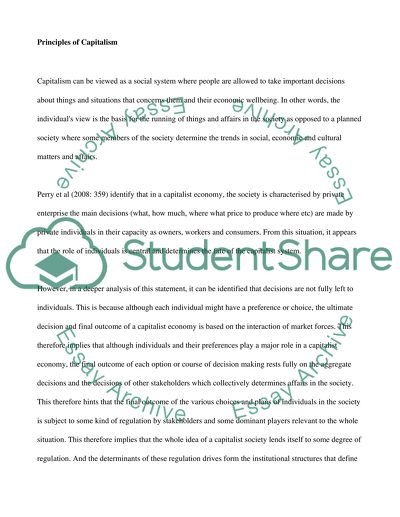Cite this document
(“Economy and the Capitalist Society Essay Example | Topics and Well Written Essays - 2250 words”, n.d.)
Economy and the Capitalist Society Essay Example | Topics and Well Written Essays - 2250 words. Retrieved from https://studentshare.org/macro-microeconomics/1581943-economy-and-society
Economy and the Capitalist Society Essay Example | Topics and Well Written Essays - 2250 words. Retrieved from https://studentshare.org/macro-microeconomics/1581943-economy-and-society
(Economy and the Capitalist Society Essay Example | Topics and Well Written Essays - 2250 Words)
Economy and the Capitalist Society Essay Example | Topics and Well Written Essays - 2250 Words. https://studentshare.org/macro-microeconomics/1581943-economy-and-society.
Economy and the Capitalist Society Essay Example | Topics and Well Written Essays - 2250 Words. https://studentshare.org/macro-microeconomics/1581943-economy-and-society.
“Economy and the Capitalist Society Essay Example | Topics and Well Written Essays - 2250 Words”, n.d. https://studentshare.org/macro-microeconomics/1581943-economy-and-society.


